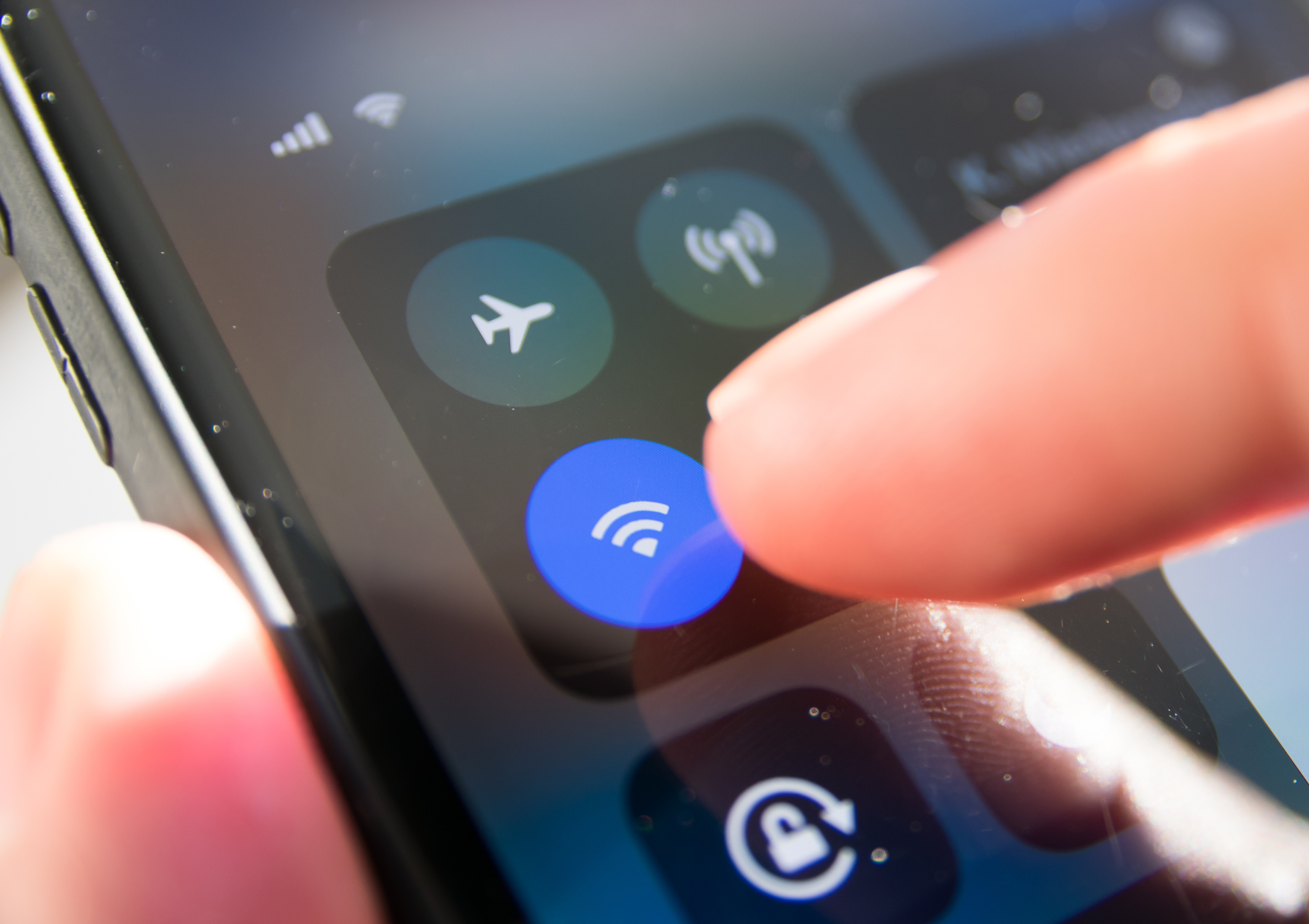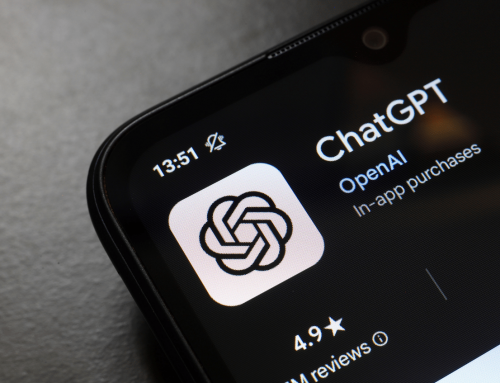Image: Camilo Concha / shutterstock.com
Protests, cameras - and WLAN spying
A sit-in in the lecture hall, threats of disciplinary measures - and then digital surveillance? This is exactly what happened at the University of Melbourne. Following a protest in July 2024, the university used Wi-Fi location data to identify students who had not left the building despite being asked to do so. The problem: this was more than questionable in terms of data protection law - as the data protection officer of the Australian state of Victoria has now confirmed.
While the use of surveillance cameras (CCTV) was still within the legal framework, the WLAN analysis was a completely different matter. The students neither knew that their movement data was being recorded via the campus WLAN, nor that it could later be used against them. According to the ruling, the university therefore violated the right to privacy.
WLAN data as a "digital shackle"?
Specifically, it is about so-called location data that devices leave behind when logging into the university WLAN. Originally intended for connection quality and network security, the university is now using this data for a different purpose: to track politically active students.
The data protection officer's criticism is clear: "The students did not know why their Wi-Fi location data was being collected, let alone how it could be used."
This means: no informed consent, no transparency, no possibility to decide - and thus a clear violation of fundamental data protection principles.
Consequences? Hardly noticeable so far
Despite the clear assessment, the reaction so far has been rather timid. The university has since revised its guidelines - apparently to avoid renewed criticism. However, the data protection officer has not issued a formal reprimand. Instead, the university only wants to "continue to check" whether the new rules are being adhered to.
This is unlikely to be satisfactory for the students concerned. After all, the use of their data was not only non-transparent, but also intimidating - especially as they were threatened with disciplinary consequences or even being reported to the police.
Digital control through the back door
A university that tracks political protests with Wi-Fi data is not acting to prevent danger, but is losing its credibility as a space for freedom of expression.
The justification "We have adapted our guidelines" seems like an "Oops!" uttered too late. The real question remains: How many other universities - including in Germany - have long been collecting such data without students knowing it? WLAN as a surveillance tool is not a future scenario - it is the present. What is missing is a clear stop sign from the legislator. And a discussion about whether data protection at universities still counts - or whether it has long since been logged out.







